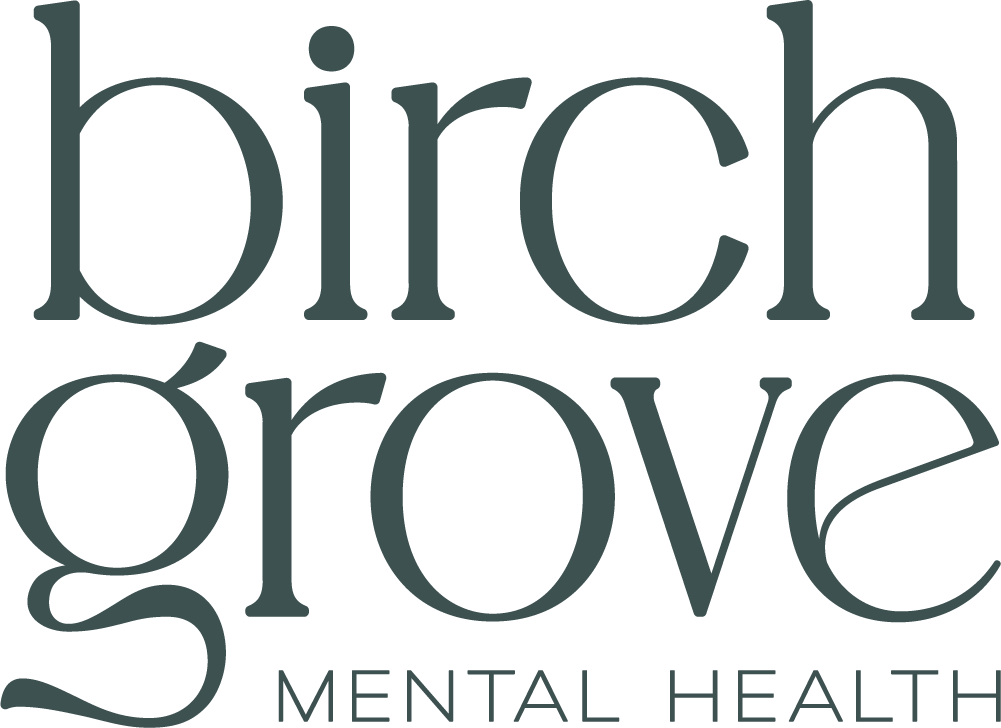Sleep hygiene is a fundamental pillar of both mental health and medication management. Prioritizing quality sleep should be just as important as making the most of your waking hours. Since sleep takes up nearly a third of our lives, ensuring that we recharge effectively is obviously essential for your overall well-being. The foundation of restorative sleep can be key to improving mental health and enhancing daily functioning.
Sleep hygiene refers to the practices and habits that help you get the best possible sleep. Good sleep hygiene supports the body’s natural rhythms, allowing your brain and body to do essential recharging through the night. When your sleep is consistently deep and restorative your mood stabilizes and improves, you’re healthier with a reinforced immune system, and your cognitive functions remain sharpened.
On the flip side, poor sleep habits, like irregular bedtimes, staring at screens late into the night, or drinking too much caffeine or alcohol late in the day, can seriously disrupt your quality of sleep. Those who practice poor sleep hygiene frequently suffer from regular fatigue, trouble concentrating, and mood swings. Positive change is inevitable when you build quality sleep habits into your life.
Anyone close to someone deprived of quality sleep can feel the strain too, as irritability and exhaustion impact relationships. In a work setting, poor sleep often leads to reduced productivity, mistakes, and overall dissatisfaction. Over time, day-to-day life becomes harder to manage when exhaustion characterizes your day.
In addition to improved daily functioning, building a solid sleep hygiene routine can sincerely improve your daily life and long-term health. In the short term, waking up refreshed improves your mood, boosts your focus, and keeps your energy levels steady throughout the day. Long-term, quality sleep helps protect against health conditions like heart disease, diabetes, obesity, and cognitive decline.
If you’re looking to improve your sleep habits, start by setting a consistent bedtime and wake-up time – even on the weekends. Give yourself time to wind down before bed by swapping screens for a calming activity like reading, meditation, or stretching – but keep it light).
Creating an optimal sleep environment by keeping your bedroom dark, cool, and quiet, and be mindful of what you consume before bed – cutting back on caffeine, alcohol, and carbs in the evening can make a big difference.
For those needing extra support, certain supplements can help encourage restful sleep. Melatonin is a popular option for regulating sleep cycles, while magnesium promotes relaxation and muscle function. Herbal remedies like chamomile have natural calming effects and may help ease anxiety, making it easier to drift off.
I am passionate about sleep hygiene because I see the positive impact it has had on my life and for so many of my patients. Building great sleep habits starts with deliberate changes in your routines to support your sleep, and in time your intentional steps become habits and preferences. As with anything new it takes time to incorporate into your daily life and recognize the impact, but consistency and focus on your sleep routine will lead to positive change and a great night’s sleep.
Prepare for Quality Sleep – Summary
Set a consistent bedtime & wake-up time – even on the weekends
When you go to bed and wake up at the same time every day, your body learns when to feel sleepy and when to be alert, making it easier to fall asleep and wake up refreshed.
Define a wind-down time before bed
– Swap screens for a calming activity like reading, meditation, or light stretching.
– Be mindful of what you consume before bed – cutting back on caffeine, alcohol, and carbs in the evening.
– A wind-down time each night teaches your body when to start producing melatonin, the hormone responsible for sleep.
Create an optimal sleep environment
– Ensure your sleep space is consistently quiet, dark, and calm (QDC).
– Noise, light, and environment can interfere with your ability to fall asleep and stay asleep, leading to fragmented rest and lower sleep quality.
– Small noises like cell phone notifications or outside traffic can pull you out of essential deep sleep stages.
– Light exposure (especially screens) affects melatonin production, tricking your brain that it’s daytime.
– Equipment? White noise machines, earplugs, blackout curtains, and sleep masks are all effective and available tools to help you shield you from a disruptive environment.
Sleep Supplements
– Melatonin – natural solution for regulating sleep cycles
– Magnesium – promotes relaxation and muscle function
– Herbal remedies like chamomile have natural calming effects
